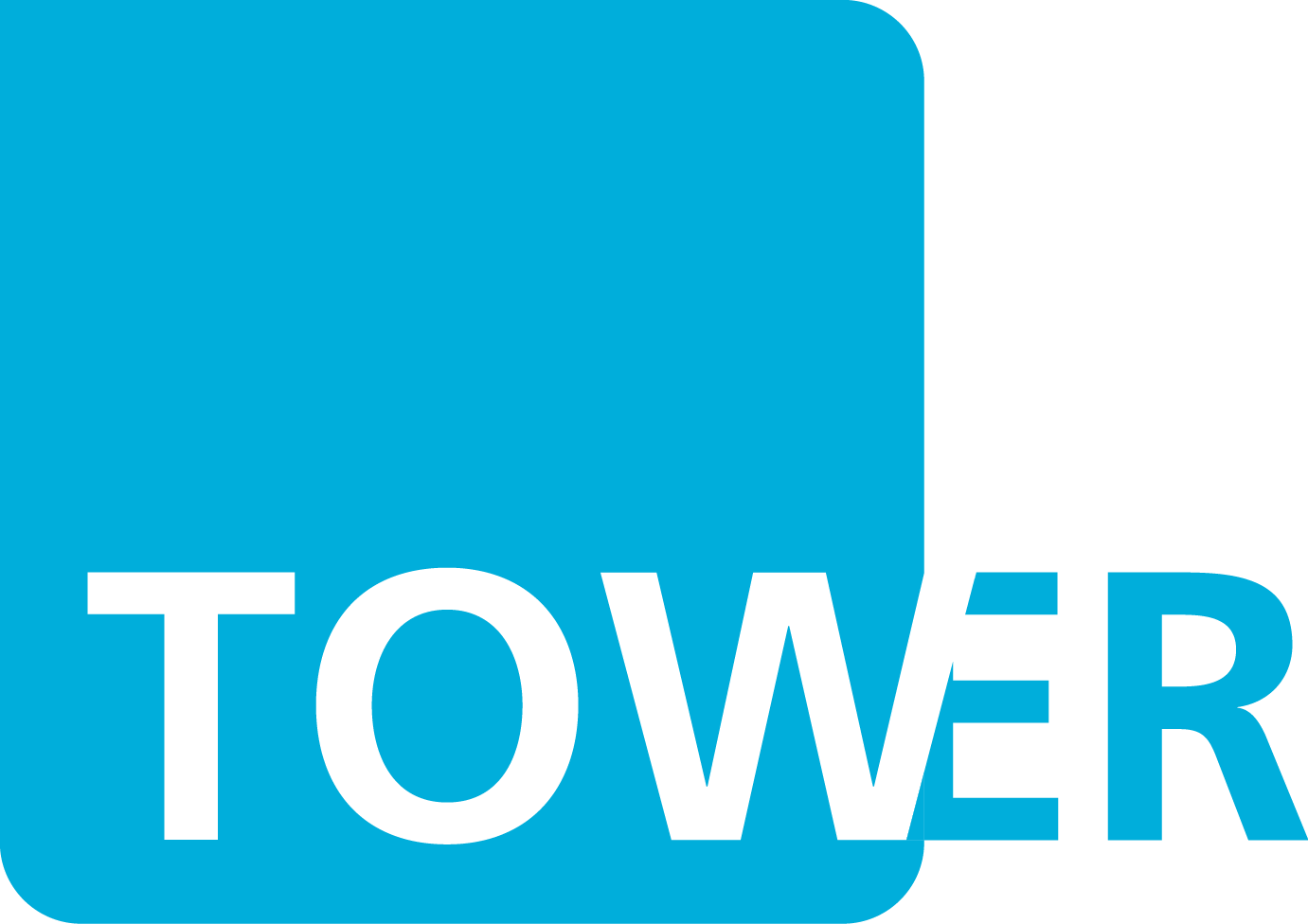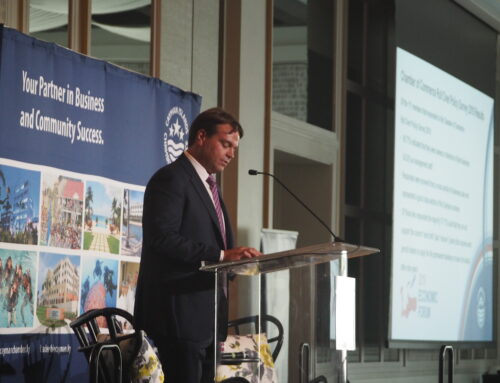The Caribbean could soon become synonymous with high quality, affordable health care, according to medical professionals at Health City Cayman Islands, one of the region’s foremost tertiary care hospitals.
Presenting at the 33rd Caribbean Cardiology Conference hosted by the Caribbean Cardiac Society (CCS) in St. Lucia this month, Health City’s physicians shared some of the pioneering work performed at the facility during its four-and-a-half-year history as well as some of the exciting healthcare expansion plans Caribbean residents could look forward to in the future.
Dr. Ravi Kishore, Health City’s Chief Interventional Cardiologist and Electrophysiologist, said the hospital has addressed many of the health care challenges facing the region and given the wide scope of services being offered by the Joint Commission International (JCI) accredited facility, the Cayman Islands had become a more affordable and viable alternative for local, regional and international patients.
“The alternative to speciality care was going to the U.S. mainland, but unfortunately, there is a constraint of cost in such situations,” Dr. Kishore stated, noting there are also constraints securing visas.
“So, we have been able to address these two issues – we are a very affordable health organisation with a passion to cure rather than to charge,” he said.
Dr. Kishore, who received a Commonwealth Scholarship/Fellowship in Cardiac Electrophysiology at St. George’s Hospital Medical School in London and has chalked up more than 20 years of experience in cardiology, shared that the medical team is constantly striving to reach excellence in all departments at the facility.
The Chief of Cardiology at Health City, Dr. Kishore leads a team that has been specifically tasked with ensuring that their department, including non-invasive cardiology, pediatric cardiology and electrophysiology, is offering services at the highest level
“We study problems of the heart so we have been striving to be state-of-the-art, contemporary, and to give the best available tertiary solutions to the Caribbean region,” Dr. Kishore said.
Dr. Dhruva Kumar Krishnan, Medical Director and Senior Consultant and Cardiac Anesthesiologist, relayed the hospital’s plans to expand into radiation and surgical oncology services over the next year.
“We are looking at elevating the quality of health care in the Caribbean as a whole…so it is important that we have as broad a spectrum of services for people in the region to benefit from,” he said.
Dr. Kishore and Dr. Krishnan, along with their colleagues Dr. Sripadh Upadhya, Senior Pediatric Cardiologist, and fellow cardiologist Dr. Pankaj Gundad delivered thought-provoking presentations at the July 18-21 conference, which had as its theme ‘Meeting the Challenges of Cardiac Care in an Ever-Changing Caribbean’.
Dr. Kishore reported on cryoablation techniques for treating atrial fibrillation, which is a condition involving irregular heartbeats that can lead to strokes and cardiac failure.
Cardiac Contractility Modulation (CCM) is another pioneering procedure employed at Health City, which involves implanting a device in patients with heart failure who are not responding adequately to medical therapy.
“This can potentially revolutionize a segment of patients with heart failure with limited options,” Dr. Kishore said, explaining “the device is similar to a pacemaker but it acts differently. It does not electrically excite the heart muscle but it produces long term benefits in the pumping function.”
Health City is the only center in the Caribbean, Central and South America offering CCM treatment.
In 2017, the hospital became the Caribbean’s only regional center for an advanced form of life support called Extracorporeal Membrane Oxygenation (ECMO). ECMO acts as an artificial heart or pair of lungs during therapy, allowing the patient’s organs to rest while natural healing of the affected area takes place.
In its brief history Health City also became the first hospital in the English-speaking Caribbean to install left ventricle assist devices (LVADs), which serve as a kind of artificial heart in patients with heart failure.
Other Caribbean firsts include performing transcatheter aortic valve replacements (TAVR) or implantations (TAVI); minimally invasive clot extraction for strokes, which dramatically improves post-stroke outcomes; and renal denervation, a minimally invasive procedure using radiofrequency ablation to treat resistant hypertension.
In his presentation, Dr. Upadhya shared Health City’s experience with Congenital and Structural Heart Disease treated by Percutaneous Intervention. In other words, treating heart disease through a minimal pin-hole incision in the groin and then through fluoroscopic guidance in the catheterization laboratory. This, he says is less invasive than traditional open surgery and allows the patient to return home the next day.
Dr. Gundad, who was a finalist in the Caribbean Cardiac Society’s Young Clinician competition, shared the diagnostic challenges in a Reflex Syncope case involving a 44-year-old man, while Dr. Krishnan presented on Transesophageal Echocardiogram in the Operating Theater.
Dr. Kishore lauded the cardiology conference as one of the best he has ever attended and was encouraged by the feedback from the presentations made by his team.
“It is encouraging to see Health City and our founder Dr. Devi Shetty’s vision being recognised as a critically important center in the Caribbean. This is especially important as we engage in collaborative and smart partnerships with the region’s medical fraternity,” he said.

